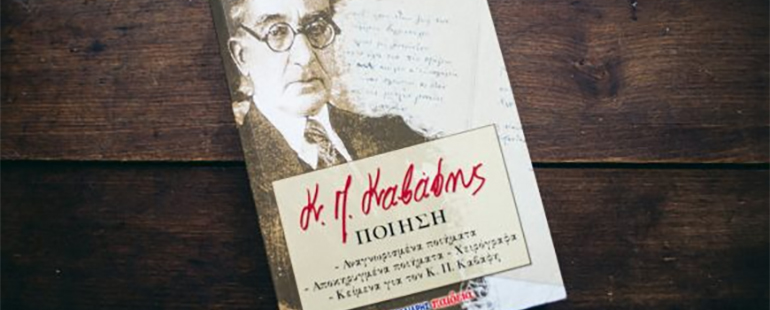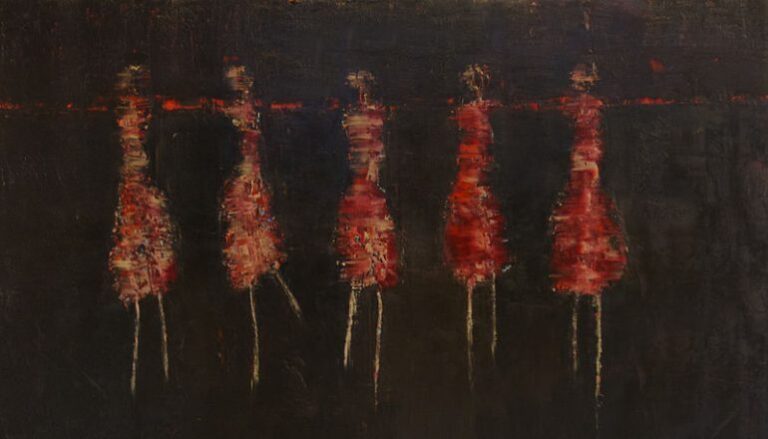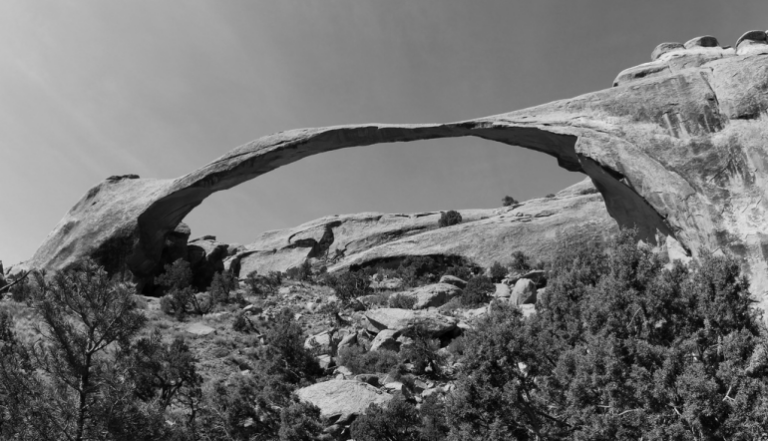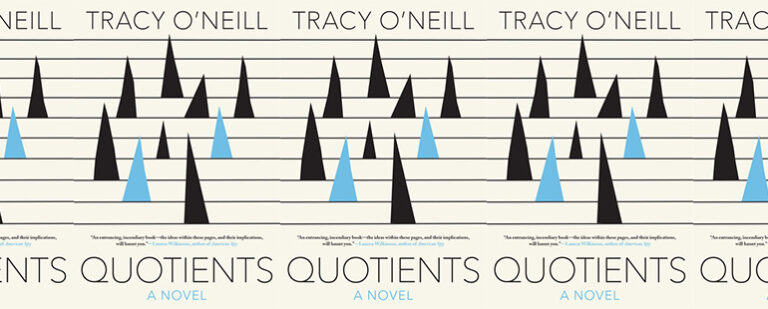Looking for Cavafy in Istanbul

When I first set out to find C.P. Cavafy’s maternal home five years ago, my friends and I figured heading to the local church in Neochori (present day Yeniköy) would yield the best results. The Alexandrian Greek poet had spent three years of his life, from 1882 to 1885, in the then Greek-dominated village in Constantinople. Other than knowing much later that he had often walked along the Bosphorus from that point all the way to Pera, which must have been a feat even at that time, we knew little of Cavafy’s life in Istanbul, though we could infer based on his work that his time in the city was one of awakenings for his identity, intellect, and perhaps even—though this is unknown—his sexuality.
Cavafy’s early work resulting out of his Constantinopolitan period, such as “Leaving Therapia,” bears little resemblance in its cloying sentimentality to his later work, which may have much do to with the fact that his early work was written in English, including the aforementioned. His later works for which he is known, titles that include “Ithaka,” a work that may be more broadly known as was once recorded by Sean Connery, and “Waiting for the Barbarians,” were all written in Greek with a diction that feels at turns direct and arcane, but in a way that still cuts through time to both instill feeling and forge a connection. His subjects expand beyond his present to include everything from aging and meditations on vignettes of Byzantine, Roman, and Ancient Greek history to his own love affairs and beautiful young men. One of his poems late into his Constantinopolitan period however, “Nichori,” has echoes of his later works on Alexandria, Egypt, the city that was arguably the love of his life.
In “Nichori,” so named as it is the way that the locals of the area once and even still now sometimes called it, he says, “Do not hope to find, elsewhere, the greenery/ that you will see here” and that
Nowhere else on earth are springs as fresh as these,
mountains elsewhere do not have our hills’ nobility,
and you will be inebriated by the earth’s perfume alone
if you stay a while in Nichori.
The negative echoes of the line “Do not hope to find” as well as “Nowhere else on earth” are found again in his later work “The City” which also seems to be about Alexandria. Where “Nichori” was hopeful and naive in its exhortations, “The City” is aged and hardened, yet tender in that the speaker cannot let go of the place he so badly wants to leave. While Cavafy spent years of his life in Istanbul and London, both formidable cities at the time, it is Alexandria, the city in which he was born and buried that he has his greatest allegiance. When he writes in “The City” that there is no escape, he seems to be writing of Alexandria alone, and yet for myself, I have always imagined Istanbul:
You won’t find a new country, won’t find another shore.
This city will always pursue you. You will walk
the same streets, grow old in the same neighborhoods,
will turn gray in these same houses.
You will always end up in this city.
There is both a resistance and a sense of being resigned to being so linked to one place, and back in Istanbul in 2011, my friends and I tried our luck in finding Cavafy’s maternal home where he spent those impressionable years by going to the Sunday Divine Liturgy at Panagia Koumariotissa Church. We too felt resigned, or perhaps even elated, to being in the city, even as I knew I’d be leaving for grad school in a few months. We followed the congregation after the service to the church hall for tea and savory cookies and were directed to ask one of the oldest members about the Cavafy home.
“Cavafy…Cavafy…Cavafy…I’ve heard that name before,” she said. “Why should I care about the dead when there are the troubles of the living?”
I knocked back my tea in a tulip-shaped cup as though it was a shot of whiskey, and left with my friends shortly after to explore the neighborhood. Clearly the community didn’t know anything about or didn’t want to talk about Cavafy.
This year in making another attempt to find Cavafy I knew once again that I would leave in the new year. It seems that in leaving Istanbul, a city that I’ve never thought I’d permanently stay in and yet am surprised every time I make plans to leave, I have the urge to seek out this literary idol. So with a linguist friend I set off again to find the house, only to be only slightly rewarded with a bust of the poet erected on a pedestal outside Panagia Koumariotissa Church with lines from “Nichori” in Greek and Turkish. Turkey isn’t exactly known for marking places known to have housed its literary, artistic, or even historically important figures, with the rare exceptions of Muslim saints. In a trip through Anatolia I once made a detour after seeing a sign for the grave of the 13th century poet and Sufi mystic, Yunus Emre, but that case was entirely unusual and likely only occurred because he is an important religious figure to some in Turkey. In Istanbul my friends and I have made a yearly pilgrimage to read poetry and drink wine at the grave of Orhan Veli, a 20th century Turkish poet, but we’ve done so because we knew where his grave was, not because there was a marker or map at the gates of the cemetery.
For Cavafy there is no such site in Istanbul, and as I survey my life in the city in the wake of the July 15th coup attempt, I wonder what Cavafy would see as well in this place. I think to myself as I prepare to leave Istanbul, more quickly than I would have liked, that at least I have gotten to know the space that the poet might have known. The constant certainty of change in Istanbul has turned the city into a place that Cavafy wouldn’t recognize, and indeed one that even I too may not recognize in the years to come as I step away later this month.
To be a Greek-American writer who has lived in Istanbul is to have lived in a place that holds the distinction of being an honorary pole of the Hellenic world that Cavafy once inhabited. The place physically was, and spiritually still is, a center of Hellenic culture in the sense that Cavafy himself once alluded to. He said, as quoted by Daniel Mendelsohn in his rigorous notes to an excellent translation of Cavafy’s complete oeuvre, “I, too, am Hellenic [ellinikos]. Mind you, not Greek [Ellin], nor Grecified [Ellinizon], but Hellenic.” He saw himself as belonging to a broader community as defined by language and culture, but not necessarily place. As Mendelsohn writes, to be Hellenic is “a state of mind rather than a nationality.” The idea harkens back to the identity of a Hellene from Alexander the Great’s empire, where one was bound to that greater space by language and culture, not nationality or ethnicity.
To be Hellenic in the post-imperial world is to belong to a broader world, and it is this that I will take with me to New York, a place known to be home to the Greek diaspora. Rather than seeing New York as a center of the Diaspora, which implies being secondary to Athens, seen as the only center of the Greeks, I will see it as Cavafy saw Alexandria: as another Hellenic pole of the world. I may write in English, but a part of me will always live through Greek culture. I have not found Cavafy’s family home in Istanbul, but I have found his borderless conception of the world in living here for so many years, and that is something that I will always have with me from the city of cities and the former center of the Hellenic world.


